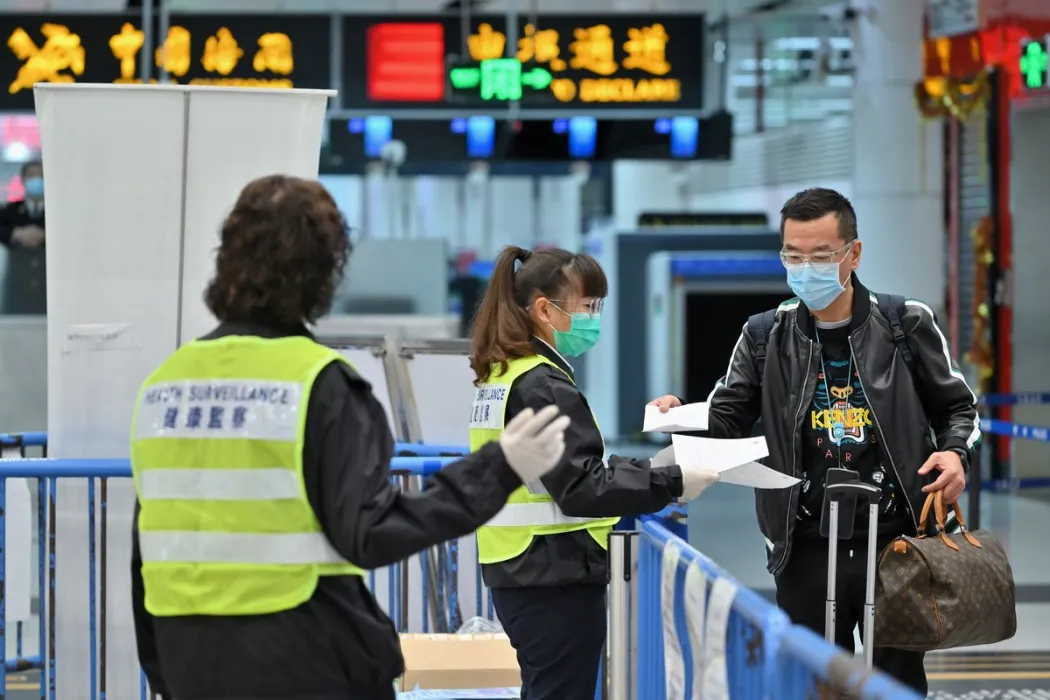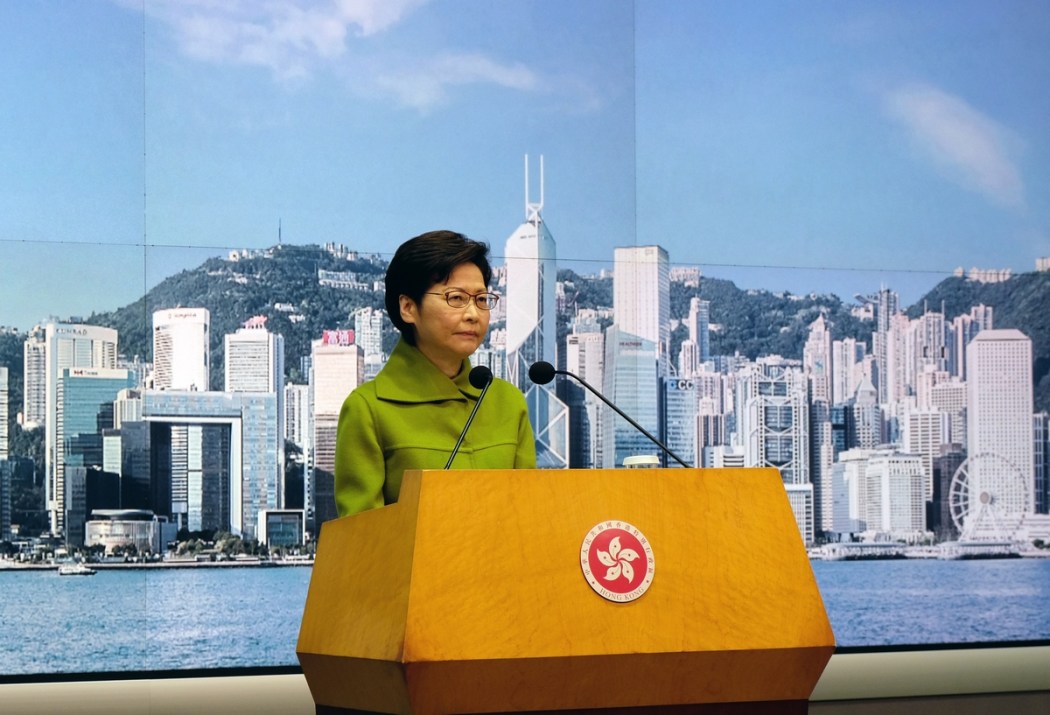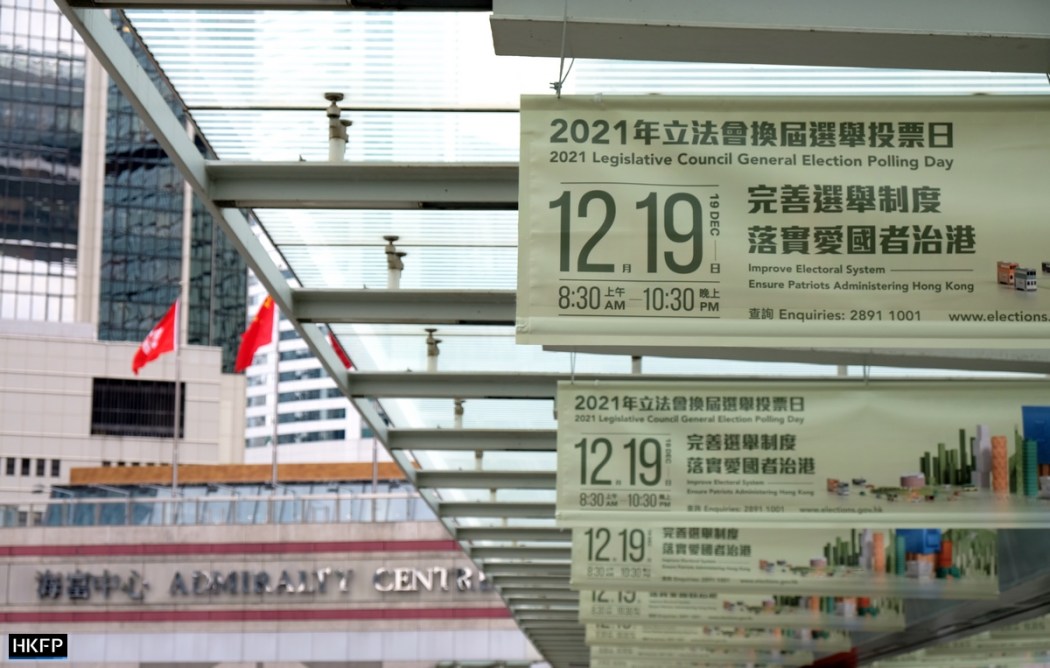The Hong Kong government will set up polling stations at closed border checkpoints so that Hongkongers living in mainland China can vote in next month’s “patriots-only” legislative election, but Chief Executive Carrie Lam said the move was not aimed at boosting turnout.
Lam confirmed the plan on Tuesday at a weekly press briefing, calling it a “one-off arrangement” because of Covid travel restrictions. Voting booths will be set up at checkpoints that have been temporarily closed amid the pandemic.

Those interested in casting their ballots at the border for the December 19 Legislative Council (LegCo) election must register beforehand.
A “closed-loop management” will be adopted to ensure electors do not set foot outside the polling stations. They must return to the mainland immediately after voting.
“I am quite sure that this one-off arrangement… is feasible,” Lam said.
The poll will be the first LegCo election since Beijing ordered sweeping changes to the system in May to ensure that only “patriots” hold power. The general public will directly vote for only 20 seats in the 90-member legislature, while the rest will be chosen by special interest groups known as functional constituencies and by members of a 1,500-strong Election Committee which is overwhelming pro-Beijing.

Hong Kong officials and pro-Beijing figures have hailed the polls as competitive and say they will feature “broadly representative” candidates. But major opposition groups have put forward no candidates. Meanwhile, most pro-democracy figures are behind bars, in self-exile abroad, are barred from running or have quit politics.
Lam said on Tuesday the arrangement was for convenience only and “had nothing to do with” boosting the turnout rate, which is widely predicted to be lower than past polls.
“To be honest, [we] will not see a lot more [voters at the checkpoints], so it will not affect the turnout rate a lot,” she said.

She dismissed a suggestion by Chinese scholar Tian Feilong, that the turnout rate be based on a weighted aggregate of those who vote in the three types of constituency, rather than just on people who vote in the geographical constituencies.
“The SAR government is against any of these changes,” the chief executive said. “Especially because this is the first large-scale LegCo election after the electoral reform, [we]should continue to use the methods we have been using which are accepted by the public.”
Protest votes
Authorities in Hong Kong have outlawed calls for people to cast blank or invalid ballots. Asked to clarify whether casting a protest vote – allowed in most countries – would also be illegal, Lam sidestepped the question.

She said authorities would need to refer to the law and relevant evidence in each case, adding that it would be up to the city’s independent prosecutors to press charges and for the courts to pass a judgement.
Support HKFP | Policies & Ethics | Error/typo? | Contact Us | Newsletter | Transparency & Annual Report | Apps
Help safeguard press freedom & keep HKFP free for all readers by supporting our team

LATEST FROM HKFP
HKFP has an impartial stance, transparent funding, and balanced coverage guided by an Ethics Code and Corrections Policy.
Support press freedom & help us surpass 1,000 monthly Patrons: 100% independent, governed by an ethics code & not-for-profit.










